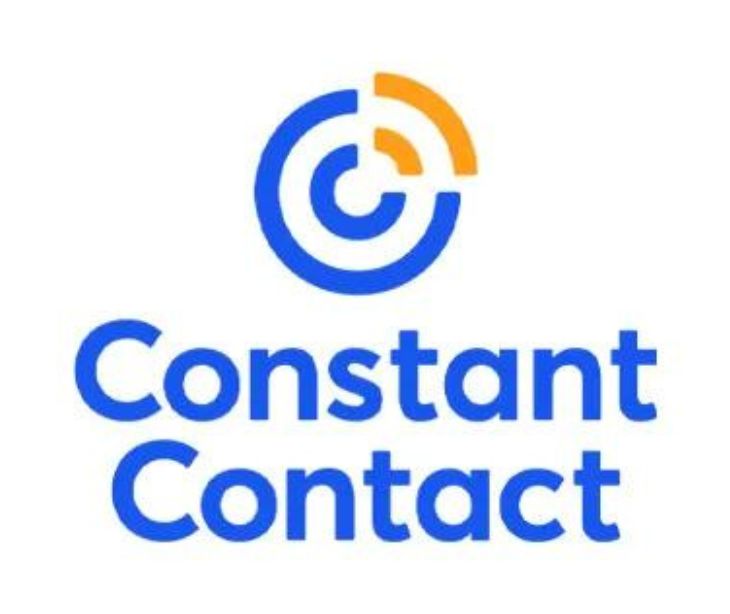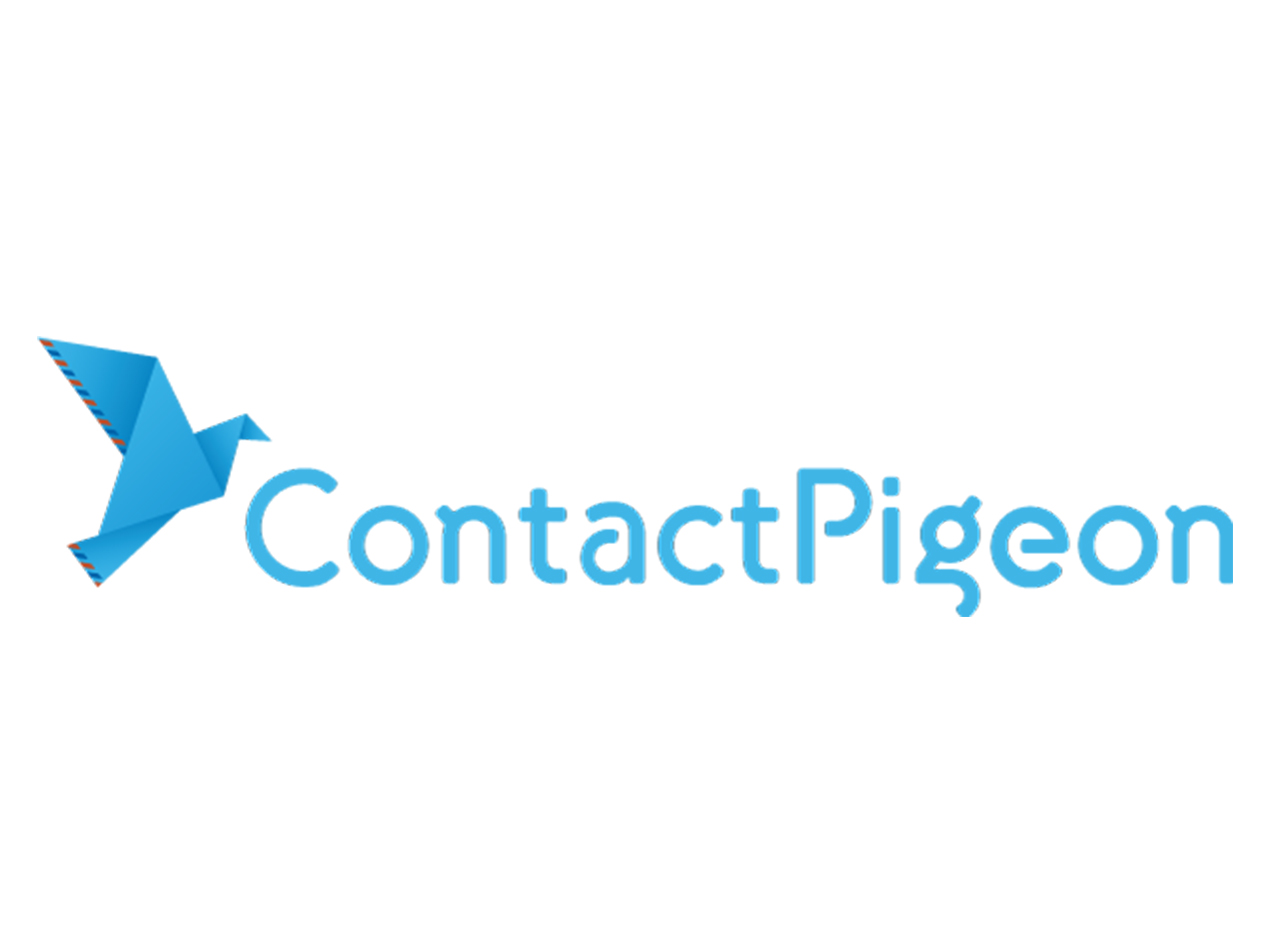
Standard features of contact management software, such as storing and organizing contact details, do not automatically align with HIPAA's privacy and security requirements. While some contact management software may offer features that align with HIPAA compliance, it typically requires additional measures - such as configuring privacy settings, adding security layers, and training staff in compliant usage practices - to fully meet HIPAA standards.
Are Customer relationship management systems and contact management systems the same?
Customer Relationship Management (CRM) systems and contact management systems serve similar foundational purposes but differ in their functionality. An Open Research Online study lent from the definition found in Hobbs to define contact management, “Although some use the term as a synonym for relationship marketing – Hobby (1999) for example defining it as “a management approach that enables organizations to identify, attract and increase retention of profitable customers by managing relationships with them."
At its core, a contact management system acts like a modern digital rolodex. It’s primarily focused on storing basic contact details such as names, phone numbers, addresses, and email addresses. The system is ideal for anyone who needs a centralized place to keep track of personal or business contacts, making sure all this information is organized and easily accessible.
CRM systems take this a step further by integrating a wider range of features designed to manage and enhance relationships with customers. A CRM doesn’t just store contact details, it tracks every interaction with a customer, from emails and phone calls to purchases and even social media engagement.
See also: What is CRM?
The role of CRM Systems
To meet the stringent standards of HIPAA, CRM systems in healthcare often incorporate specific functionalities and add-ons. These include
- Data encryption, both in transit and at rest, ensures that all patient information is securely stored and transmitted.
- Access controls are another critical feature, allowing only authorized personnel to view or modify sensitive patient data, thereby maintaining confidentiality.
- Audit trails are also a standard functionality, providing detailed logs of who accessed what information and when which is vital for tracking and reporting in the event of a data breach. Easy integration with secure messaging platforms, such as HIPAA compliant email.
- Automated features for compliance monitoring and reporting, helping healthcare organizations stay compliant with changing regulations.
The risks of using non-compliant contact management software
There are significant consequences for covered entities under HIPAA if they fail to use a HIPAA compliant business associate.
- Financial fines: Non-compliance can result in substantial fines imposed by the Department of Health and Human Services’ Office for Civil Rights (OCR) or other regulatory agencies. These fines can escalate depending on the severity and duration of the violation.
- Breach of contract: If the contract between the covered entity and the business associate requires HIPAA compliance (as it typically should), the covered entity could be in breach of contract, which might lead to legal and financial consequences.
- Corrective action plans: The covered entity may be required to implement a corrective action plan, which could include extensive audits, additional training, and changes to policies and procedures.
- Increased scrutiny and audits: A covered entity that fails to ensure its business associates are HIPAA compliant may be subject to increased scrutiny from regulatory bodies, including more frequent audits and monitoring.
- Costs of notification and remediation: In the event of a data breach, the covered entity may bear the cost of notifying affected individuals and taking steps to remediate the breach, which can be substantial.
- Insurance premium increases: Non-compliance incidents can increase premiums for professional liability and cyber liability insurance.
See also: Can software be partially HIPAA compliant?
FAQs
What constitutes protected health information (PHI)?
Protected health information (PHI) includes any information in a medical record that can be used to identify an individual and that was created, used, or disclosed in the course of providing a healthcare service, such as diagnosis or treatment.
Who needs to be HIPAA compliant?
HIPAA compliance is required for covered entities such as healthcare providers, health plans, and healthcare clearinghouses, as well as for business associates that handle PHI on their behalf.
How can a business determine if its contact management software needs to be HIPAA compliant?
A business needs to assess whether the contact management software will store, process, or transmit PHI. If it does, then the software must meet HIPAA compliance requirements.
Subscribe to Paubox Weekly
Every Friday we bring you the most important news from Paubox. Our aim is to make you smarter, faster.




